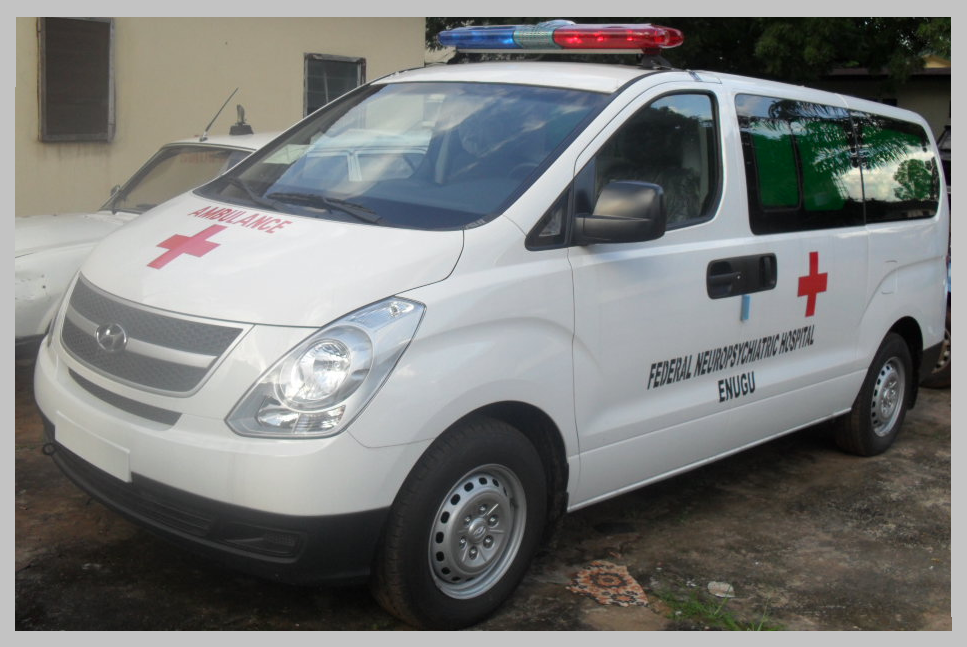
Emergency & Crisis Intervention Services
The department is located close to the security post immediately you enter the hospital for ease access to the unit. We combine compassionate and interpersonal therapeutics of psychiatry with fast-paced assessment and treatment approach to make positive and prompt interventions to our patients.
Treatment Goals:
- To exclude medical causes for symptoms that appear similar to endogenous psychoses, mania, or other acute psychiatric conditions, prior to psychiatric treatment.
- To rapidly stabilize acute crisis following medical clearance through medication and counselling.
- To avoid coercion. (It is the first contact a patient will have with mental health care, so establishing a strong patient alliance is critical).
- To treat in the least restrictive setting. (A bad experience on an initial mental health contact may lead to long-term problems in which clients might fear, distrust, or dislike psychiatrists, nurses, and other providers.)
- To form a therapeutic alliance. (The better the early therapeutic alliance the lower the likelihood of a patient becoming violent during psychiatric hospitalizations.)
- Appropriate disposition and aftercare plan - appointments and referrals.
Delivery of Services: At the emergency and crisis intervention department, we:
- Provide immediate treatment to both voluntary and involuntary patients 24 hours a day, 7 days a week.
- Provide brief stay for the patients for two or three days to gain a diagnostic clarity
- Find appropriate alternatives to psychiatric hospitalization for the patient
- Treat those patients whose symptoms can be improved within that brief period of time.
Functions of psychiatric emergency services
- To receive/attend to the new patients, old/defaulted patients, and regular patients who has problems before their appointed date.
- To assess patients' problems
- Provide a short-term treatment
- Mobilize teams to carry out interventions at patients' residences and probably, evacuate the patient to the unit for expert management.
- Utilize emergency management services to prevent further crises
- Provide 24/7 telephone treatment and counselling.
